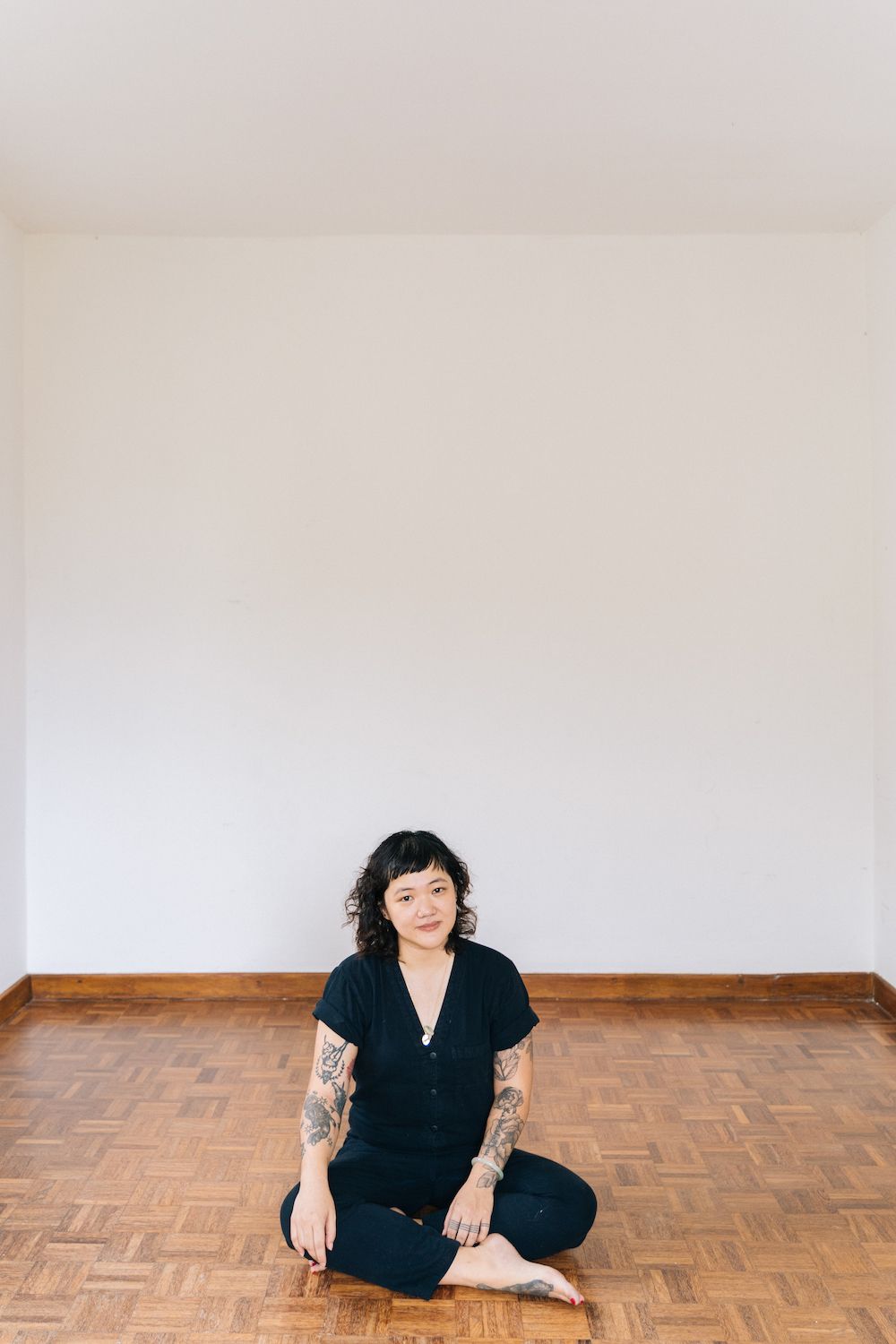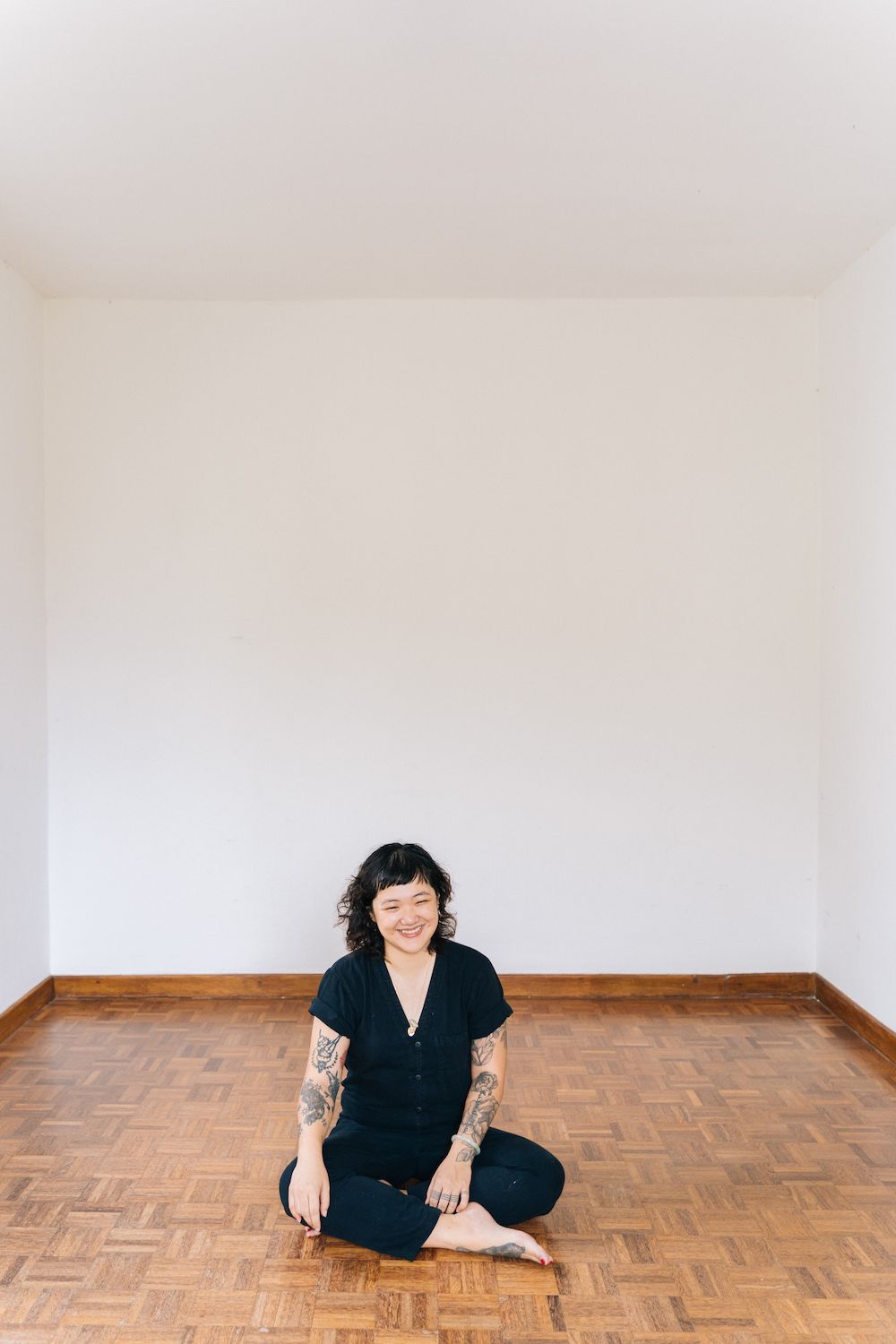Diagnosed with autism in her 30s, the filmmaker and healthcare startup founder wants to create a better world for other misunderstood female autistics
As a child, Beatrice Leong was an 'A' student. To her teachers and classmates, she was also an enigma—a troubled girl who struggled to form connections with others and to understand the nuances of human interaction that other kids picked up instinctively. Beneath her aloof facade, she always felt a few steps behind everyone else and took great pains to conceal this by pretending otherwise.
In the first of a five-part series on The Vibes for Autism Awareness Month in 2022, Leong wrote: “When you’ve lived so long being told that the person you are is not welcomed in this world, you will try to adapt and find ways to belong.”
More: This Shanghai-Based Startup Helped Doctors Detect Autism Earlier

She was 36 when first assessed for autism. A year later in 2021, she was diagnosed with it. It was a moment of realisation that shed light on the struggles she had faced for so long. “Knowledge empowered me,” she explains in a recent conversation with Tatler. “The diagnosis was an important piece of information that helped me find a path towards stability."
Leong soon found strength in telling her stories and hearing similar experiences of other women diagnosed with autism in their adulthood—women who are at greater risk of being misdiagnosed and misunderstood in Asian society compared to children diagnosed with autism. Convinced that sharing these stories with the rest of the world is a step towards empowering female autistics, Leong has been hard at work researching for her upcoming documentary titled The Lost Girls.
Read on for more insights from Leong on her journey to self-acceptance and the importance of changing how we talk about autism in Asia.






